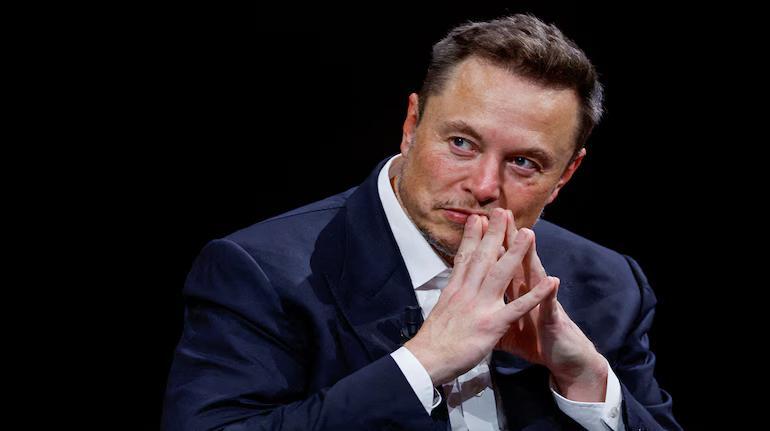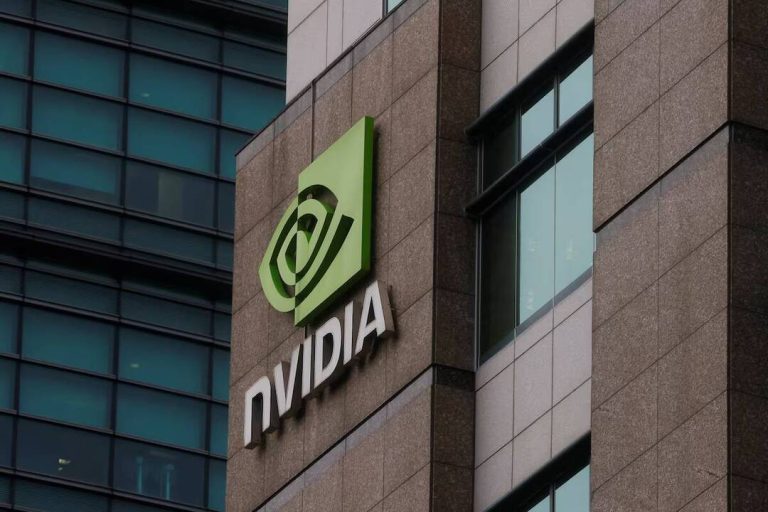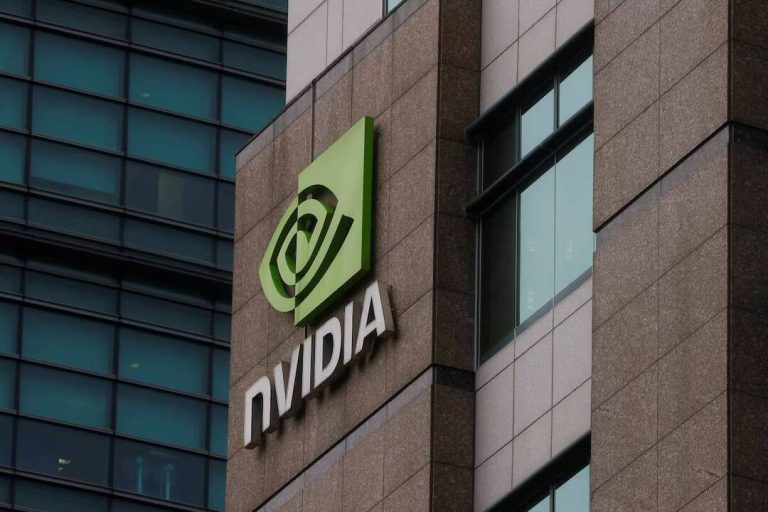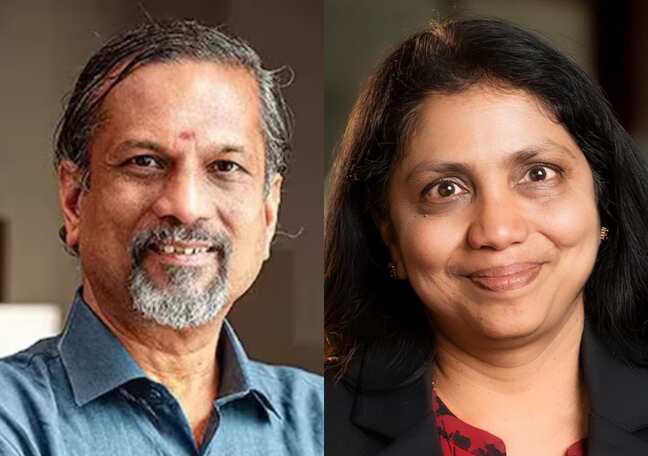
Poverty an engineering issue, AI & humanoid robots will end it: Musk
The world has been grappling with the issue of poverty for centuries, and despite the best efforts of governments, organizations, and individuals, it remains a persistent problem. However, according to billionaire and xAI CEO Elon Musk, the solution to poverty lies not in traditional social or economic measures, but in engineering. Specifically, Musk believes that artificial intelligence (AI) and humanoid robots hold the key to eliminating poverty and making everyone wealthy.
Speaking at the US-Saudi Investment Forum, Musk opined that poverty is an engineering issue, rather than a social or economic one. He stated that as AI and robotics advance, they will be able to automate many of the tasks that currently require human labor, freeing up people to pursue more creative and fulfilling endeavors. This, in turn, will lead to a significant increase in productivity and wealth, ultimately eliminating poverty.
Musk’s vision for a future where AI and robotics have solved the problem of poverty is one where money is no longer a relevant concept. With the help of advanced technologies, people will be able to meet all their basic needs without having to work, allowing them to focus on personal growth, creativity, and enjoyment. This may seem like a utopian dream, but Musk is convinced that it is a achievable goal, and one that is within our grasp.
The idea that AI and robotics can solve the problem of poverty is not a new one. For years, experts have been exploring the potential of these technologies to improve the lives of people in developing countries. From automated farming systems to robotic healthcare assistants, there are many ways in which AI and robotics can be used to increase efficiency, reduce costs, and improve outcomes.
However, Musk’s vision goes far beyond these limited applications. He sees a future where AI and robotics are integrated into every aspect of life, from manufacturing and transportation to education and entertainment. In this future, humanoid robots will be able to perform tasks that are currently done by humans, freeing up people to pursue more creative and fulfilling endeavors.
One of the key benefits of AI and robotics, according to Musk, is their ability to automate repetitive and mundane tasks. By taking over these tasks, AI and robotics can free up human workers to focus on more complex and creative endeavors. This, in turn, can lead to significant increases in productivity and innovation, as people are able to focus on higher-level tasks that require imagination, problem-solving, and critical thinking.
Another benefit of AI and robotics is their potential to improve resource allocation. By optimizing production and distribution systems, AI and robotics can help to reduce waste and improve efficiency, making it possible to produce more with less. This, in turn, can help to reduce the environmental impact of human activity, while also improving the standard of living for people around the world.
Of course, there are also potential downsides to the widespread adoption of AI and robotics. One of the most significant concerns is the impact on employment, as many jobs are automated out of existence. This could lead to significant social and economic disruption, as people struggle to adapt to a world where work is no longer the central organizing principle of society.
However, Musk is confident that the benefits of AI and robotics will far outweigh the costs. He believes that by providing a universal basic income, governments can help to mitigate the negative effects of automation, while also giving people the freedom to pursue their passions and interests. This, in turn, can lead to a more creative, innovative, and fulfilling society, where people are able to reach their full potential.
In conclusion, Elon Musk’s vision for a future where AI and robotics have solved the problem of poverty is a compelling one. While there are certainly challenges and uncertainties associated with the widespread adoption of these technologies, the potential benefits are undeniable. By automating repetitive and mundane tasks, improving resource allocation, and providing a universal basic income, AI and robotics can help to create a world where everyone has the opportunity to thrive.
As Musk said at the US-Saudi Investment Forum, “AI and robotics are the only way to make everyone wealthy.” While this may seem like a bold claim, it is one that is worth considering. By harnessing the power of AI and robotics, we may be able to create a world where poverty is a distant memory, and where everyone has the opportunity to live a happy, healthy, and fulfilling life.






